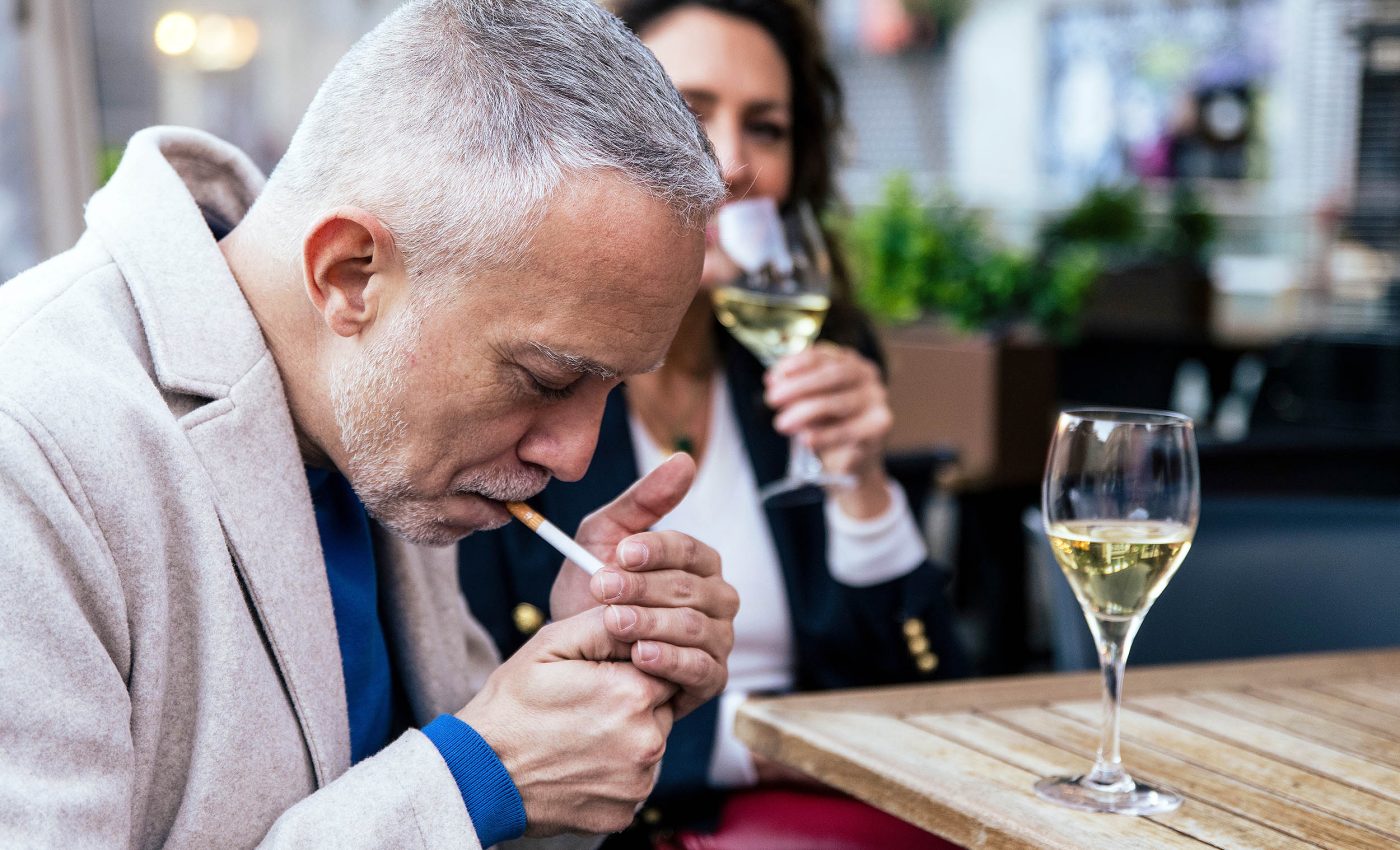
Simple lifestyle changes could prevent half of all cancer deaths
Ever heard the saying, ‘Prevention is better than cure’? Research now backs this popular cliché, especially in the context of cancer. A recent study by the American Cancer Society found that almost half of adult cancer deaths in the US could possibly be avoided through certain lifestyle modifications.
The scientist leading this insightful research is Dr. Arif Kamal, the Chief Patient Officer at the American Cancer Society. His findings put a massive spotlight on the role our daily habits play in determining our cancer risk.
Smoking – The unseen assassin
Diving into the meat of the research, the study highlights some startling findings.
Among adults thirty and over, about 40% of new cancer cases – and nearly half of the deaths – in 2019 were pinned on avoidable risk factors.
Smoking sits at the top of this list, contributing to almost 1 in 5 cancer cases and accounting for nearly a third of all cancer deaths.
Domino effect of lifestyle on cancer
The study presents an impressive lineup of 18 modifiable risk factors across 30 different cancer types. In 2019, these lifestyle choices colluded to result in over 700,000 new cancer cases and contributed to more than 262,000 deaths.
But how exactly do these lifestyle behaviors influence cancer? Well, cancer cells either thrive on DNA damage or find fuel in other sources.
While genetics and environment can create ripe conditions for the disease, modifiable risks tower over these factors, contributing to a significant percentage of cancer cases and deaths.
Lifestyle choices and cancer culprits
“Modifiable risks” might sound vague, but ‘modifiable’ is the key here – it signifies changeability. We’re talking about habits that you can actually alter to reduce your risk.
It’s time to take a rain check on the roll of the dice of genetics and bad luck, and start feeling a sense of control over your health journey.
With certain cancers, it’s possible to pin the blame on these dangerous lifestyle choices more than others. In 2019, ten types of cancer had over 80% of new cases attributable to modifiable risks.
Sun-seeking behavior led to over 90% of melanoma cases, and HPV infection – preventable with a vaccine – was responsible for almost all cases of cervical cancer.
Smoking might’ve been stealing the spotlight for a while now, but there’s a new (and hefty) player in town – excess body weight.
Taking the silver medal in contributing to cancer cases, excess body weight was linked to about 5% of new cases in men and nearly 11% in women in 2019.
It even clocked in at more than a third of deaths from cancers of the endometrium, gallbladder, esophagus, liver, and kidney.
Making healthy habits stick
Transitioning to a healthier lifestyle isn’t just about making quick changes. It’s about creating habits that stick. Adopt practices you can keep up with, not just short-term fixes.
Take smoking and overeating, for example. Once these habits settle into your daily routine, they’re tough to shake. They often start out small but soon become a big part of your life, making them hard to quit.
Beating these habits isn’t easy; it takes a lot of commitment and a smart plan. That means figuring out what triggers them, getting some support, and slowly swapping them out for healthier choices.
By focusing on creating sustainable habits, you’re setting the foundation for a healthier future, ensuring that the changes you make today continue to benefit you in the years to come.
This might involve regular physical activity, balanced nutrition, and mental well-being practices, all of which contribute to a more holistic approach to health.
“It’s never too late to make these changes,” Dr. Plescia assures us. “Turning (health behaviors) around later in life can make a profound difference.”
Every day is a new chance
Here’s the good news. Shifting to healthier lifestyle habits brings down your risk of cancer in a relatively short time.
“Cancer is something your body fights every single day as your cells divide,” Kamal said. “It’s a risk that you face every day, and that also means that the reduction of the risks can benefit you every day as well.”
So, it’s time to strap up those shoes, banish that pack of cigarettes, and let’s show cancer that it picked the wrong humans to mess with.
—–
Like what you read? Subscribe to our newsletter for engaging articles, exclusive content, and the latest updates.
Check us out on EarthSnap, a free app brought to you by Eric Ralls and Earth.com.
—–













